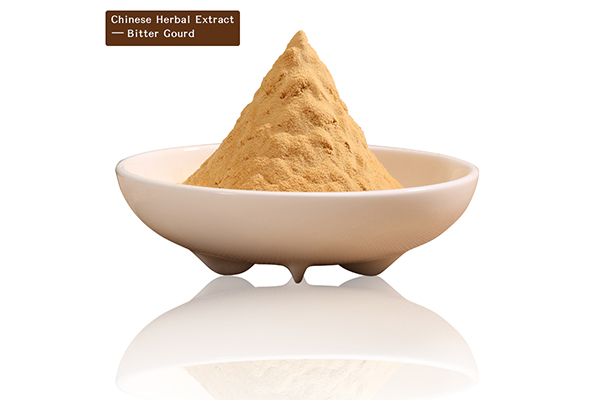Understanding Chinese Herbal Extracts
Chinese herbal extracts form a fundamental component of Traditional Chinese Medicine (TCM), offering holistic approaches to address various health conditions.
This personalized approach often differentiates Chinese herbal medicine from conventional Western medicine. The formulations usually combine multiple herbs, emphasizing a holistic approach by considering the individual's unique constitution and the specific condition being treated.
When utilized responsibly and under professional supervision, Chinese herbal extracts can complement conventional healthcare practices, contributing to improved overall well-being.

Contraindications and Considerations
Chinese herbal extracts offer promising avenues for holistic healing and wellness. However, their use requires a nuanced understanding of potential contraindications and risks, necessitating careful evaluation and expert guidance.
Despite their extensive use and perceived safety, Chinese herbal extracts are not without potential risks or contraindications. Some key considerations include:
Allergic Reactions: Individuals may have allergies or sensitivities to certain herbs, leading to adverse reactions ranging from mild rashes to severe allergic responses. A comprehensive understanding of the patient's medical history and potential allergens is crucial before prescribing Chinese herbal extracts.
Interactions with Medications: Chinese herbal extracts can interact with conventional medications, altering their effectiveness or causing adverse reactions. Patients using prescribed medications should consult healthcare providers to avoid potential interactions.
Pregnancy and Lactation: Certain herbs may not be safe for use during pregnancy or breastfeeding due to their effects on hormonal balance or potential risks to fetal development. It's essential for pregnant or nursing individuals to consult qualified practitioners before using any herbal extracts.
Individual Health Conditions: Some herbs might exacerbate certain health conditions. For instance, herbs that affect blood clotting should be used cautiously in individuals with bleeding disorders or those scheduled for surgery.
Quality and Purity: Ensuring the quality and purity of herbal extracts is paramount. Contaminants or adulterants in poor-quality products can lead to adverse effects.
Safe Usage
To minimize risks associated with Chinese herbal extracts, it's imperative to engage in the following practices:
Consult a Qualified Practitioner: Seek guidance from licensed TCM practitioners or healthcare professionals trained in herbal medicine. They can evaluate individual health status, assess potential risks, and recommend appropriate formulations.
Disclose Medical History: Provide a comprehensive medical history, including current medications, allergies, existing health conditions, and pregnancy status, to ensure personalized and safe recommendations.
Quality Assurance: Source herbal extracts from reputable suppliers that adhere to stringent quality control measures, ensuring purity and potency.
Gradual Introduction: Start with lower dosages to assess individual tolerance and potential reactions before increasing intake.
Ongoing Monitoring: Regularly monitor and communicate with healthcare providers about any changes or reactions experienced while using herbal extracts.
